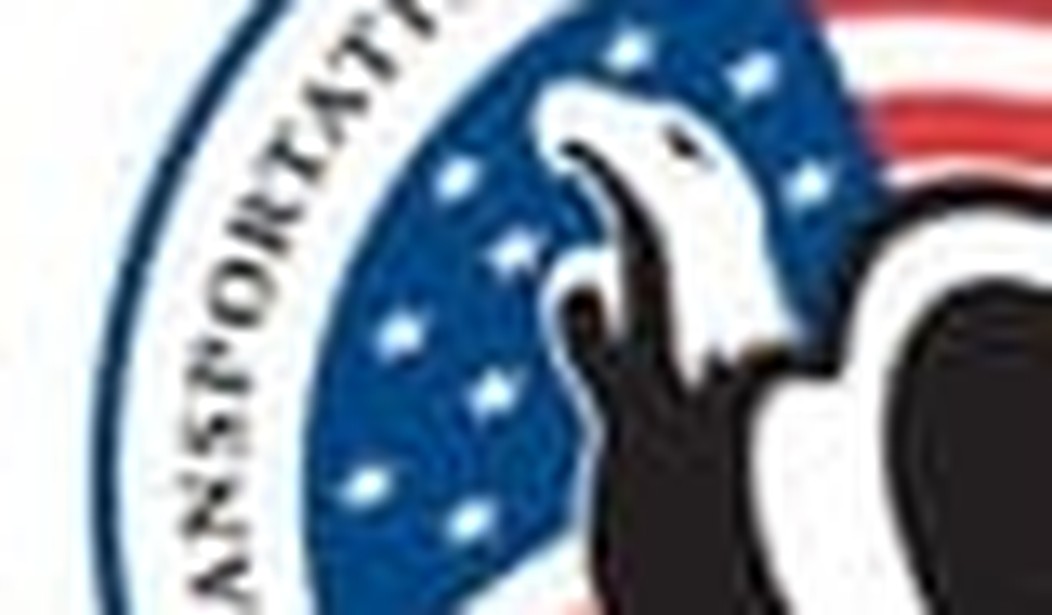Osama bin Laden has approximately 53 half-siblings. Last week, ABC reported that 12 of them have FAA pilot’s licenses, making them “eligible to fly aircraft anywhere in the United States.”
While this is indeed an eye-opener of a headline, Osama bin Laden’s high-profile siblings and the FAA are a small concern compared to the threat posed by thousands of would-be foreign pilots routinely granted pilot licenses thanks to the Transportation Safety Administration (TSA).
Last year, in my Pajamas Media article “Flight School Fiasco: No Lessons Learned After 9/11,” I wrote that the TSA, not the FAA, has the final say on who gets to fly airplanes in the United States — including bin Ladens. This remains true today. TSA is in charge of the Alien Flight Student Program, which insiders say is a disaster waiting to happen.
Between 2002 and 2008, as many as 8,000 foreigners had been granted their pilot’s license without having been properly vetted. Said TSA official Richard A. Horn in 2005:
Thousands of aliens, some of whom may very well pose a threat to this country, are taking flight lessons, being granted FAA certifications and are flying planes.
Outraged by this news when it broke a year ago, Senator Charles Schumer called for an audit of TSA. No comprehensive audit happened. According to interviews with Homeland Security employees, the TSA’s vetting process has not changed.
One year later, the TSA continues to play Russian roulette with the nation’s safety and security on airplanes. The security holes keep getting bigger.
Last week, I wrote that the public recently learned that the TSA had given al-Qaeda its playbook after a subcontractor inadvertently posted the agency’s most sensitive security document online. The 93-page document was a veritable handbook on how to beat airport security.
Outraged by this revelation, Congress called for hearings. Gale Rossides, TSA’s acting director, was called to testify and to explain how such a thing could have happened. In defense of the matter, Rossides told Congress that the security manual posted online doesn’t matter because a new security manual overrides the older one. At least one representative saw through the ruse. “Any new versions [of the manual] were built on older versions,” Rep. Emanuel Cleaver said. “There obviously is information that is out there that is in the latest iteration.”
Rossides was then asked to provide members of the House Homeland Security Committee with a copy of the most current manual, so that its members could decide for themselves. Citing that this was “Sensitive Security Information,” or SSI, Rossides refused.
Rep. Charlie Dent, a ranking member of the House of Homeland Security subcommittee on transportation security and infrastructure protection, picked up the ball. Dent demanded that TSA provide him with a copy of the new manual so he could decide for himself. Dent told the Washington Times that he had never seen a federal official refuse to share a document such as this with members of Congress. “By refusing to give a document to this committee because of concern about a public disclosure, that’s implying that this subcommittee would disclose the document,” Dent said, adding that he would press the issue further. He didn’t say how or when.
Outside the hallowed halls of Congress, whistleblowers had a field day with TSA’s having being caught red-handed. “Rossides’ tap dance routine put Ginger Rogers to shame,” said Dan Hanley, public spokesman of the Whistleblowing Airline Employees Association. Former DHS Inspector General Clark Kent Ervin chose his words more carefully, but more or less said the same thing. “There has been a pattern of incompetence and ineptitude on the part of the TSA over the years,” Ervin explained.
In its own defense, the TSA shamelessly issued more of its trademark doublespeak: “Thorough post-incident analysis has determined that our systems are secure and that screening protocols have not been compromised,” a TSA spokesman said.
Translation? Flying with a bin Laden doesn’t seem so bad after all.









Join the conversation as a VIP Member